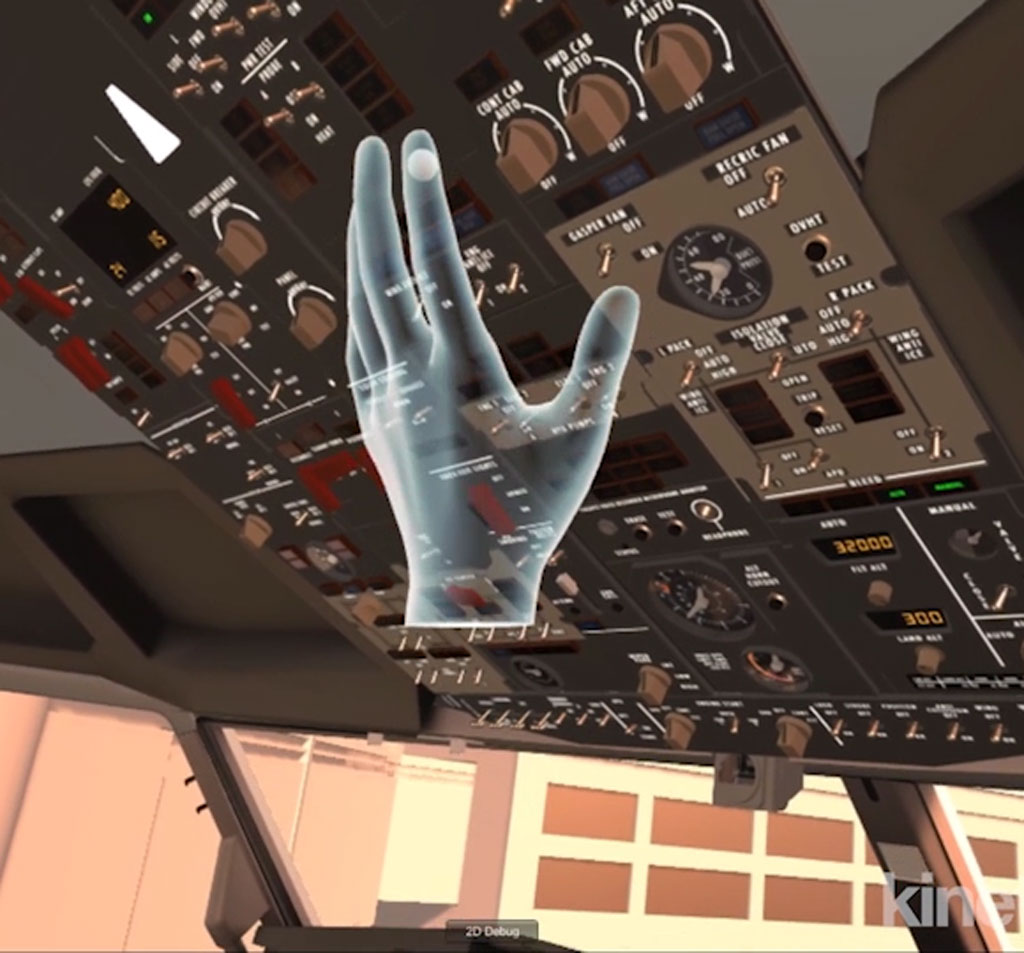Virtual reality training is extremely effective for the study of human factors and process workflows. True-scale, interactive virtual environments allow for immediate and accurate feedback on interactions and functionality. Hand controllers act as virtual hands allowing you to track motion and position. But most important, the combination of visual and muscular involvement utilizes multiple memorization systems in our brains.
Why VR Training Works So Effectively
Human memory is generally understood as having two main learning systems: declarative and procedural memory. Muscle memory, a form of procedural learning, is created by repetitively performing an assigned sequence of events. It is a potent form of memory, as evidenced by the easy acquisition of life-long skills such as riding a bike or tying your shoes. Declarative learning is memory of facts or events, such as memorization of the alphabet, how to count, or your birth date.
Higher-skill tasks, such as learning to play a musical instrument while reading sheet music, require both forms of learning. Virtual reality environments can incorporate both procedural and declarative learning, making them an extremely effective training tool for complex tasks.
Learn more about how human memory works at Wikipedia.

Pilot Cockpit Procedure Training
A fully-immersive 737 cockpit environment enables pilot VR training of ground tasks by utilizing both declarative and procedural memory learning. Muscle memory, a form of procedural learning, is created by repetitively performing an assigned sequence of events while a virtual guide cues the user in Practice Mode. In Training Mode, the same tasks are requested with no cues until the task sequence is memorized.
This VR training example demonstrates how low-cost systems can be used to augment more expensive traditional simulators and training systems. Although a pilot on-ground workflow example is shown here, this technology translates well to medical, industrial, automotive, manufacturing and other training requirements - any situation where the use of physical labs, training facilities and systems is inflexible, costly, time-consuming or involves personnel travel.

